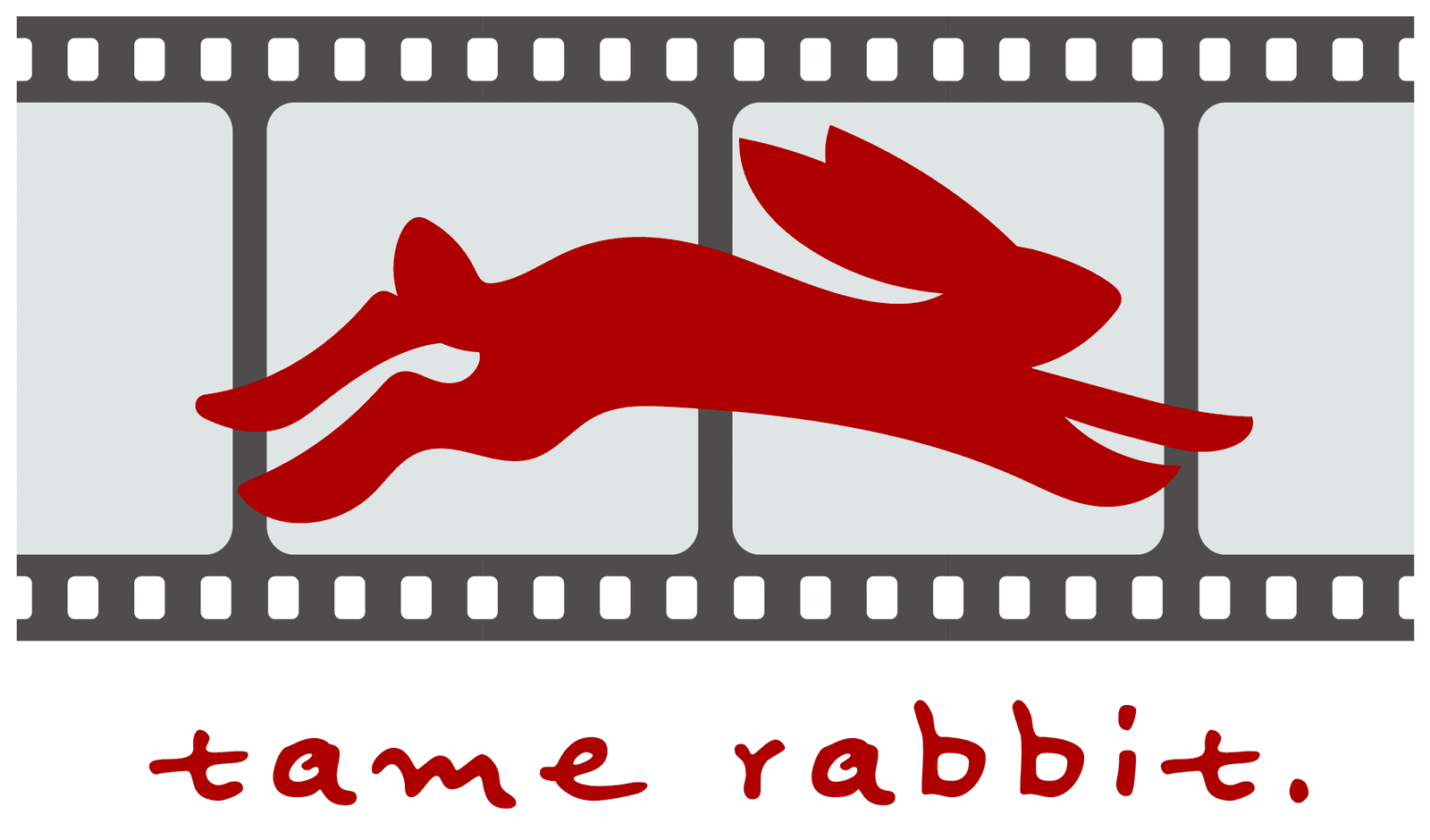8 Essential Tips for First-Time Indie Film Producers
Venturing into independent filmmaking for the first time is an exciting yet challenging journey. As a first-time indie film producer, you’ll need to juggle creative vision, budgeting, logistics, and problem-solving to bring your project to life. To help you navigate this process, here are eight essential tips that can set you up for success:
1. Start with a Strong Script
A great film begins with a well-crafted script. Before moving into production, ensure your screenplay is compelling, structured, and achievable within your budget. Consider script workshops or table reads with actors to refine dialogue and pacing. A solid "locked-in" script will serve as the roadmap for every decision you and your production team make throughout the filmmaking process.
2. Have a Distribution and Marketing Plan
It is amazing how little thought goes into this step. Serious producers require this step to be at the forefront of their thinking. If you are depending on investors for your film, they won't even take a second glance without this step being fully fleshed out and a repayment plan in place! Waiting until AFTER the movie is done is the worst time to start planning your distribution and marketing. Making a film is only half the battle—getting people to see it is just as important. Research film festivals, digital distribution platforms, and marketing strategies before your film production starts. As it is nearing completion, use social media, press kits, and trailers to generate buzz. A strong festival run or strategic online release can help your film reach its audience.
3. Budget Wisely and Plan for the Unexpected
Indie film budgets are often tight, so be realistic about your costs. Account for locations, permits, cast, crew, equipment, post-production, and festival submissions. Always set aside a contingency fund (at least 10–15% of your budget) for unexpected expenses—because surprises will happen on set.
4. Assemble a Passionate and Reliable Crew
Surround yourself with a dedicated team that believes in your project. Indie films often require crew members to wear multiple hats, so seek out professionals who are adaptable and resourceful. A strong cinematographer, gaffer, and editor will significantly impact the quality of your film. Building relationships with skilled, like-minded creatives will make the process smoother and more enjoyable.
5. Cast the Right Actors for Your Story
If you are a producer with a wealth of experience on the technical side of filmmaking, this is possibly one of the most important steps you will need to focus on. No matter how strong your script or cinematography is, weak performances can undermine your entire film. First -time producers (even second and third time producers) make a critical mistake of trying to save money on this step, using friends and acquaintances to fill roles instead of undergoing a proper casting call and paying prevailing rates. Casting the right actors is crucial to bringing your characters to life and making your story believable. Take the time to hold auditions, conduct chemistry reads, and ensure your cast understands the vision of the film. Talented actors elevate your project and help immerse the audience in your story. If possible, work with actors who are passionate about indie filmmaking and willing to collaborate creatively. Great performances can turn a low-budget film into an unforgettable cinematic experience. If you are doubtful of your casting ability, rely on a proven casting director to help you!
6. Keep Your Shooting Schedule Realistic
Time is money in filmmaking, and a poorly planned schedule can lead to costly delays. Be strategic in your shot list, maximize locations, and allow time for unforeseen challenges. Overloading a single day can exhaust your crew and compromise the quality of your shots. Efficiency is key—plan ahead and be prepared to adapt.
7. Prioritize High-Quality Sound
Bad sound will ruin an otherwise great film. Audiences may forgive lower-budget visuals, but poor audio will take them out of the experience. Invest in professional sound recording equipment or hire an experienced sound mixer. Avoid noisy locations and always record room tone for seamless post-production editing.
8. Be Smart About Post-Production
Editing, color grading, sound design, and motion graphics can elevate your film to a professional level. Don’t rush the post-production process—take the time to refine pacing, color correct for consistency, and enhance the sound. If you don’t have experience in these areas, hire skilled professionals to ensure a polished final product.
Final Thoughts
Producing an indie film is a challenging but rewarding experience. By planning ahead, assembling a talented team, and focusing on quality, you can increase your chances of success. At Tame Rabbit, we specialize in bringing indie films to life with expert cinematography, lighting, and post-production. Ready to make your vision a reality? Contact us today!


